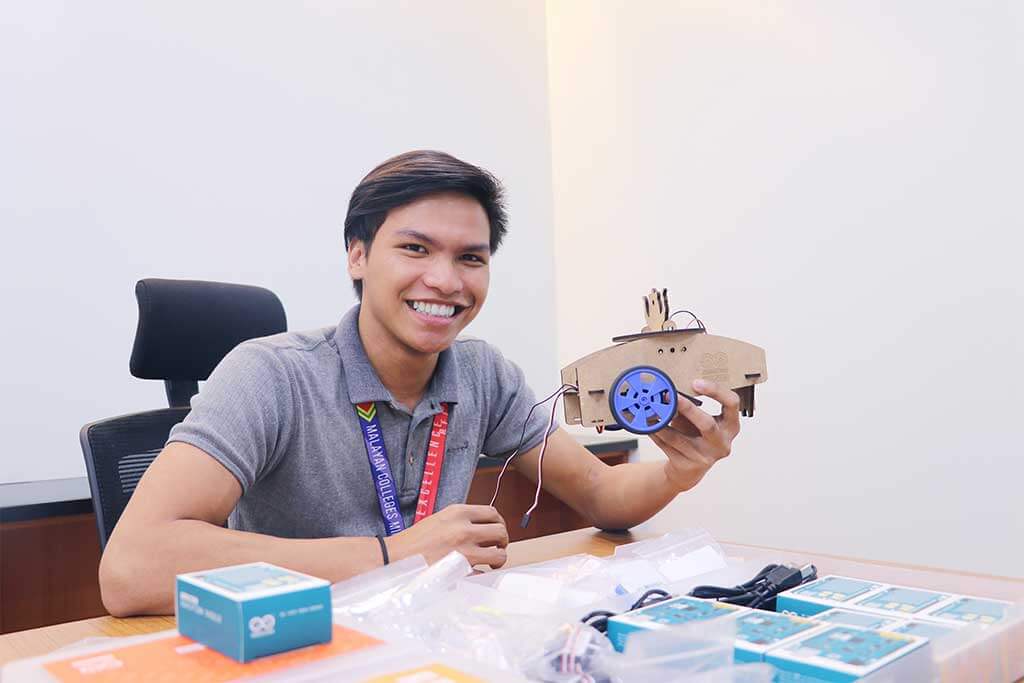Bachelor of Science in Computer Science Program

About BS Computer Science
The BS Computer Science program prepares students to become computer scholars equipped with the complete tools in planning, organizing, researching, analyzing, and developing algorithms, computer systems, and software applications for Windows, web, and mobile platforms. This Computer Science course in the Philippines is designed to meet the demands of the evolving computer world in Davao and beyond.
The program focuses on the application of various knowledge and skills in formal research in the field of computer science.
Program Educational Objectives
1. Articulate expertise in formulating and solving problems of interest, through the application of technology, and by using mathematical foundations, algorithmic principles, and computer science theory in the design and development of computer-based systems and processes.
2. Perform tasks effectively as individuals and team members in the workplace growing into highly technical or project management and leadership roles.
3. Pursue life-long learning enabling them to adapt and grow as organizational responsibilities change.
Student Outcomes
At the end of the program, the graduates are expected to:
i. Analyze a complex computing problem and to apply principles of computing and other relevant disciplines to identify solutions.
ii. Design, implement, and evaluate a computing-based solution to meet a given set of computing requirements in the context of the program’s discipline.
iii. Communicate effectively in a variety of professional contexts.
iv. Recognize professional responsibilities and make informed judgments in computing practice based on legal and ethical principles.
v. Function effectively as a member or leader of a team engaged in activities appropriate to the program’s discipline.
vi. Apply computer science theory and software development fundamentals to produce computing-based solutions.

